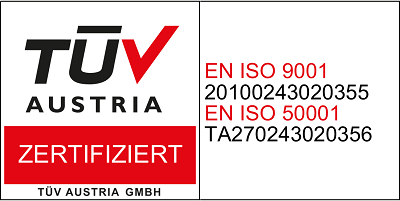
ECHA has recently released a report titled 'Key areas of regulatory challenge 2023 (KARC)' outlining research needs to enhance chemical safety in the EU. This report emphasizes the necessity for scientific research to provide relevant data for regulating hazardous chemicals, including the identification of critical biological effects lacking specific test methods, addressing chemical pollution in the natural environment, and advancing away from animal testing.
ECHA highlights the growing need for new test methods and a better understanding of the toxicological mode of action of certain hazardous chemicals to achieve the ambitions of the Green Deal and the EU’s Chemicals Strategy for Sustainability.
The new report is formulated as an ‘evolving research and development agenda’ aiming to support and inspire the Partnership for the Assessment of Risks from Chemicals (PARC) research community
PARC, a multinational European project launched in 2022, involves close to 200 institutions from 28 countries and three EU authorities, including ECHA. Its key objectives include launching European and national strategies to protect against hazardous chemicals, reducing animal testing, and implementing next-generation risk assessment strategies.
In relation to animal testing, the European Commission will also launch a new roadmap that includes legislative and non-legislative measures. The objective is to reduce animal testing, aiming to establish an animal-free regulatory system under chemicals legislation and continue strongly supporting alternatives to animal testing.
Let’s discuss at our international online conference „NAMs and Next Generation Risk Assessment for Food Safety” (7 May 2024) various case studies, regulatory approaches for acceptance and identified issues from all stakeholders. All details on this online conference can be found here.
The full KARC report can be accessed here.
Credits: PARC, ECHA, European Commission





